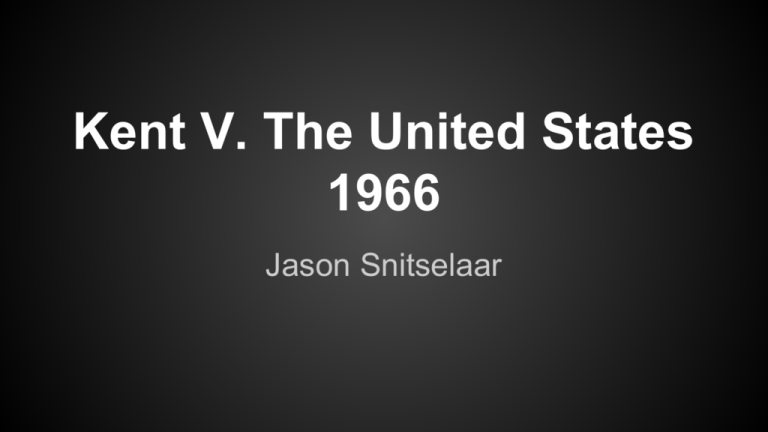

“There’s nothing better than a dead, destructive, riot-making communist, and that’s what your son was. Means reports on it in detail, and it is the most revealing and disturbing section of the book. The aftermath of the Kent State shooting included some truly shocking invective. “If it takes a bloodbath, let’s get it over with.” Ohio Governor Jim Rhodes promised to “eradicate” the problem of campus protest. Three days before the shooting, Nixon famously described antiwar protestors as “bums blowing up the campuses.” “No more appeasement,” said Ronald Reagan, then the governor of California. The shooting by Ohio National Guard troops followed a weekend of sometimes-violent protests against President Nixon’s expansion of the Vietnam War into Cambodia.

67 Shots, by the journalist Howard Means, describes the nasty public commentary that accompanied the deaths of four young people at Kent State University on May 4, 1970. In an era of mass shootings, such blood imagery is, at the very least, in poor taste.Ī new book offers a famous case study on this problem. All of these statements are protected by the First Amendment they are legal. A handful of Black Lives Matter protestors chanted, “Pigs in a blanket, fry ’em like bacon” at the police during a demonstration in Minnesota. Donald Trump recently said, “I could stand in the middle of Fifth Avenue and shoot somebody, and I wouldn’t lose any voters.” Ann Coulter mused about putting rat poison into the food of a Supreme Court justice she dislikes. The Republican presidential hopeful Ted Cruz described President Obama as the world’s leading sponsor of Islamic terrorism. When does harsh political rhetoric lead to violence? We live in an age of dangerously hot-blooded talking points, especially on the far right.


 0 kommentar(er)
0 kommentar(er)
